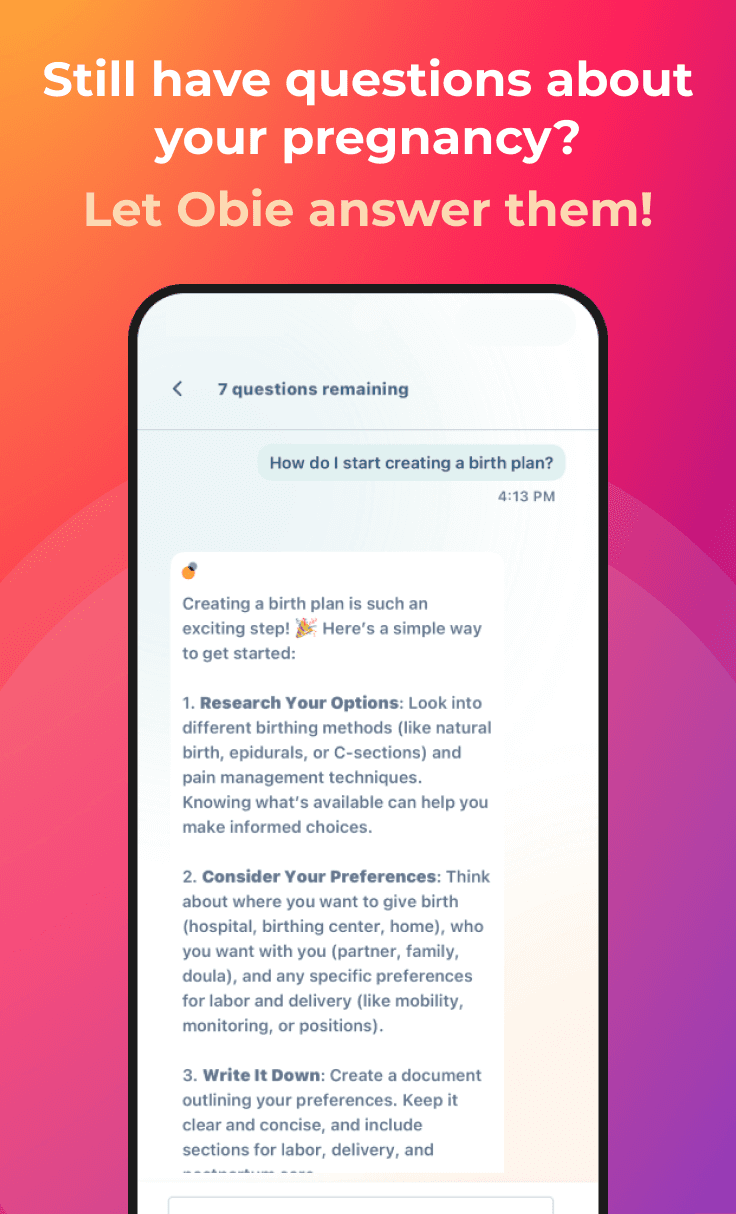Is It Safe To Play Soccer During Pregnancy?
Pregnancy Safety
Obie Editorial Team

The world knows it as football but in the US it's called soccer. Soccer is a sport to get a good cardio workout, strengthen your leg muscles, and fine-tune your agility. It is the #1 sport worldwide and many women enjoy watching and playing soccer regularly by joining neighborhood teams. There is conflicting advice to women whether you should continue and play soccer once they become pregnant. Some doctors say that women can continue playing, and others do not recommend it.
The American College of Obstetricians and Gynecologists (ACOG) recommends exercise during pregnancy but it lists soccer as one of the sports that should be avoided during pregnancy because of the risk of getting hit in the abdomen.
Soccer has an increased risk of bodily injury which may affect your pregnancy.
So what is best for you? First of all, some of it depends on whether you have played soccer before becoming pregnant. If you have never played and haven’t experienced the hectic pace and dexterity required, pregnancy is probably not the best time to start. However, if you’re an experienced soccer player and would like to enjoy a relaxing game here and there, speak with your doctor/midwife.
If you get the go-ahead from your doctor or midwife to play soccer, follow these simple tips to keep you and your baby safe:
Don’t Overheat: Soccer is often played in the warm weather months, and during pregnancy, you will feel hotter than usual no matter the season. It’s vital to not become overheated. Increasing core body temperature above 101 degrees may cause hyperthermia. When hyperthermia occurs for extended periods during the first trimester, studies have shown an increased risk of neural tube defects, including anencephaly and spina bifida. Heart defects and oral cleft defects have also been noted in studies associated with hyperthermia during pregnancy.
Stay Hydrated: Your body is experiencing so many changes and utilizing so much energy during pregnancy, so you must keep supplying it with enough liquids to sustain yourself. For every 15 minutes of exercise, you should drink water. This means stopping every 15 minutes to rehydrate the body. The body can deplete the water reserves in just a small amount of time while exercising. Cutting down on caffeine and salt intake will also allow your body to use fluids more effectively.
Take Frequent Breaks: Fatigue is one of the most common early pregnancy signs and you may not have the stamina you did before getting pregnant. Blame rising progesterone levels in the first trimester. Fatigue may subside with your second trimester but may resurface later on. Carrying around all that extra weight can make you tire easily in the third trimester.
Pay Attention To Your Body: If you’re an athlete, you are conditioned and can likely withstand more physical activity than a non-athlete, however, it is important to pay attention to your body whether you’re a trained athlete or not. If you feel your heart-rate going faster than normal or begin to feel dizzy or light-headed, leave the game, drink some water and sit down. If you continue to feel ill, seek medical attention.
Read More












